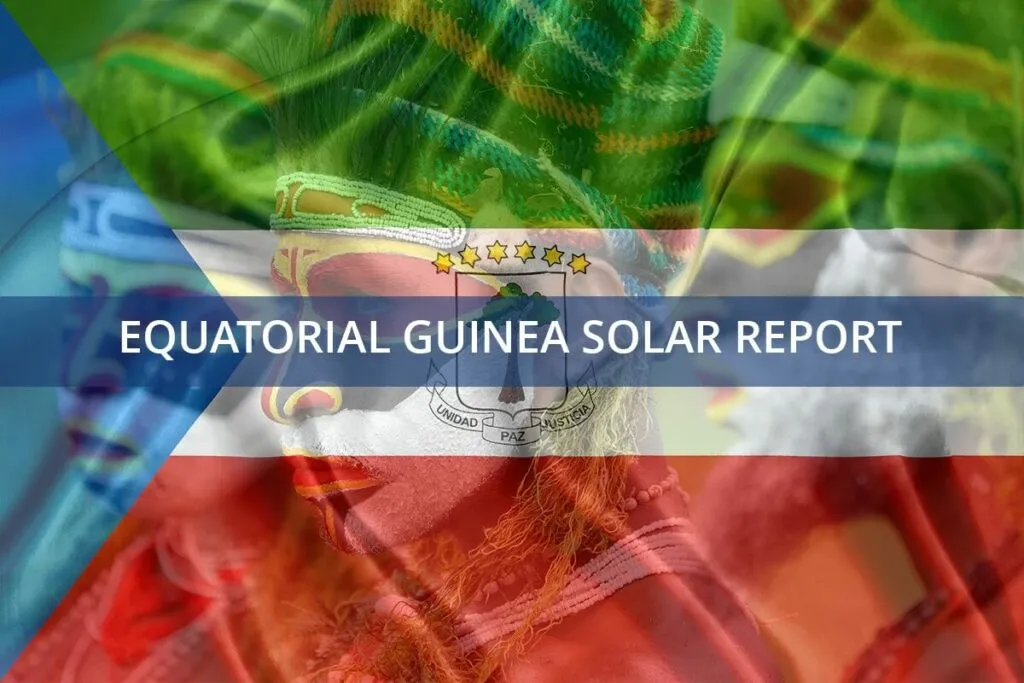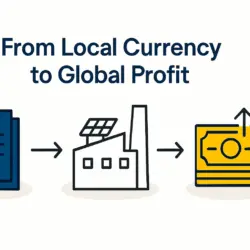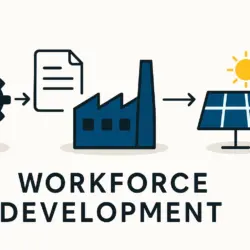Guinea has launched a major solar power project to bring clean energy to 72 rural communities and install solar streetlights across 20 urban areas. Supported by the World Bank, this initiative aims to boost the country’s energy infrastructure and promote sustainable development. You can read more about similar projects advancing power solutions in Guinea in this article about Guinea Power Agreements.
Expanding Guinea Solar Power Infrastructure
Guinea’s Ministry of Energy, Hydraulics, and Hydrocarbons is spearheading this project, which will significantly expand the country’s renewable energy infrastructure. The initiative focuses on both rural electrification and urban lighting improvements. Further details about this impactful project can be found in this article on Siguiri solar power.
As part of the Guinea Rural Electrification Project (PERG), the contract was awarded to the Turkish energy company Mafa Elektrik. The company will develop 12 photovoltaic (PV) solar power plants with capacities ranging from 100 to 500 kWp (kilowatt peak) in strategically selected rural areas. These plants will be equipped with battery storage systems to ensure a consistent power supply. Additionally, Mafa Elektrik will install 1,250 solar-powered streetlights in 20 urban areas, including the capital, Conakry.
This project is expected to provide clean energy to over 11,000 rural households. Upon completion, Guinea’s national utility, Electricité de Guinée (EDG), will take over the operation and management of the new solar power plants.
Advancing Guinea Solar Power Goals for Rural Communities
This project is part of a broader government effort to improve access to electricity in rural areas, a key factor in promoting economic development and reducing inequality. It also aligns with Guinea’s ambitious renewable energy targets, which aim to increase the share of renewables in the country’s energy mix to 30% by 2030.
The World Bank is supporting the project with $50 million in funding as part of a larger $200 million initiative for Guinea’s energy sector. This financial backing is crucial for helping Guinea achieve its goal of universal access to electricity by 2030.
Benefits of Guinea Solar Power for Sustainable Development
The project is expected to bring several key benefits to Guinea. By providing clean and reliable energy to thousands of rural households, it will improve living conditions through access to essential services like lighting, refrigeration, and communication. This will also support economic development in rural areas by powering local businesses and creating new opportunities.
Additionally, the project will reduce Guinea’s reliance on fossil fuels, helping to lower greenhouse gas emissions. This is an important step in combating climate change and promoting sustainable development.
The initiative will also create jobs and stimulate economic growth. Constructing and operating the solar power plants will provide employment for local communities, while the availability of reliable electricity will support the growth of small businesses and other economic activities, fostering regional diversification and resilience.
Guinea’s solar power project is a significant step toward achieving its renewable energy goals and broader development objectives. With the support of the World Bank, this initiative is set to provide clean energy to thousands of rural households, reduce greenhouse gas emissions, and promote lasting sustainable development.



